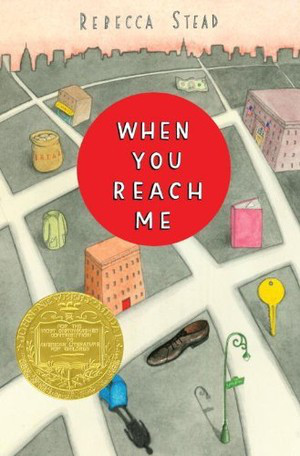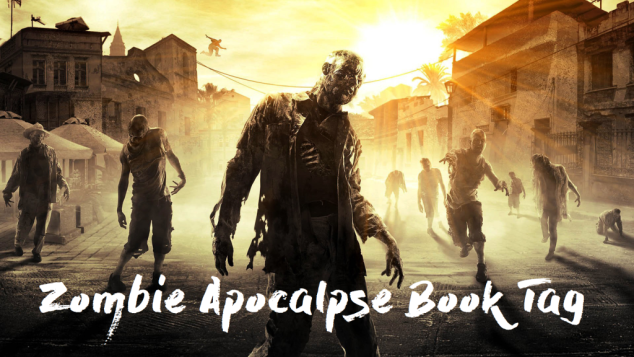
Credit: iStock
It’s Halloween and the number of vampire attacks in your neighborhood may be on the rise! What would happen to your body if you were unlucky enough to be the victim of a blood-sucking vampire?
The average adult has about 1 to 1.5 gallons of blood circulating in their body. Maintaining this amount of blood is very important—proper blood volume helps keep your blood pressure at a steady level and moves the right amount of blood around your body. As your heart pumps blood through your blood vessels, the blood carries nutrients and oxygen to your organs so that they have energy to do their jobs. The blood also takes away the waste that your organs produce.
When you lose a large amount of blood very rapidly (such as during a vampire attack) your blood pressure drops quickly. This is similar to having a punctured bicycle tire. As the air escapes through the hole, there is less pressure in your tire. During an episode of significant blood loss, your body starts to take action to increase blood volume and blood pressure:
- Sensors called baroreceptors detect the decrease in blood pressure and cause your heart to pump faster and your blood vessels to narrow (constrict).
- Your body releases chemicals called catecholamines, which also cause your heart to pump faster and your blood vessels to constrict.
- Your pituitary gland releases a chemical called vasopressin. Vasopressin constricts blood vessels and helps your body hold on to as much water as possible by decreasing the amount of urine you produce.
When blood vessels constrict, the blood inside the vessels push against the sides of the vessel more, causing blood pressure to increase. Increased blood pressure reduces the amount of blood needed to fill your vessels.
If these actions are unable to restore your blood pressure, you can go into shock. Shock occurs when your blood pressure is so low that not enough blood is getting to your organs. In a state of shock, your heart, liver, kidneys and brain can’t function properly and they start to die from lack of oxygen and nutrients. You’ll eventually lose consciousness if you don’t get urgent medical attention—typically with intravenous fluids—to raise your blood pressure and increase circulation.
If you choose to trick or treat this Halloween, stay safe. Carry some garlic with you to ward off those pesky vampires and dial 911 ASAP if you have a run-in with a fanged stranger.

Dao H. Ho, PhD, is a biomedical research physiologist at Tripler Army Medical Center. The views expressed in this blog post are those of the author and do not reflect the official policy or position of the U.S. Department of the Army, U.S. Department of Defense or the U.S. government.
Share this:




